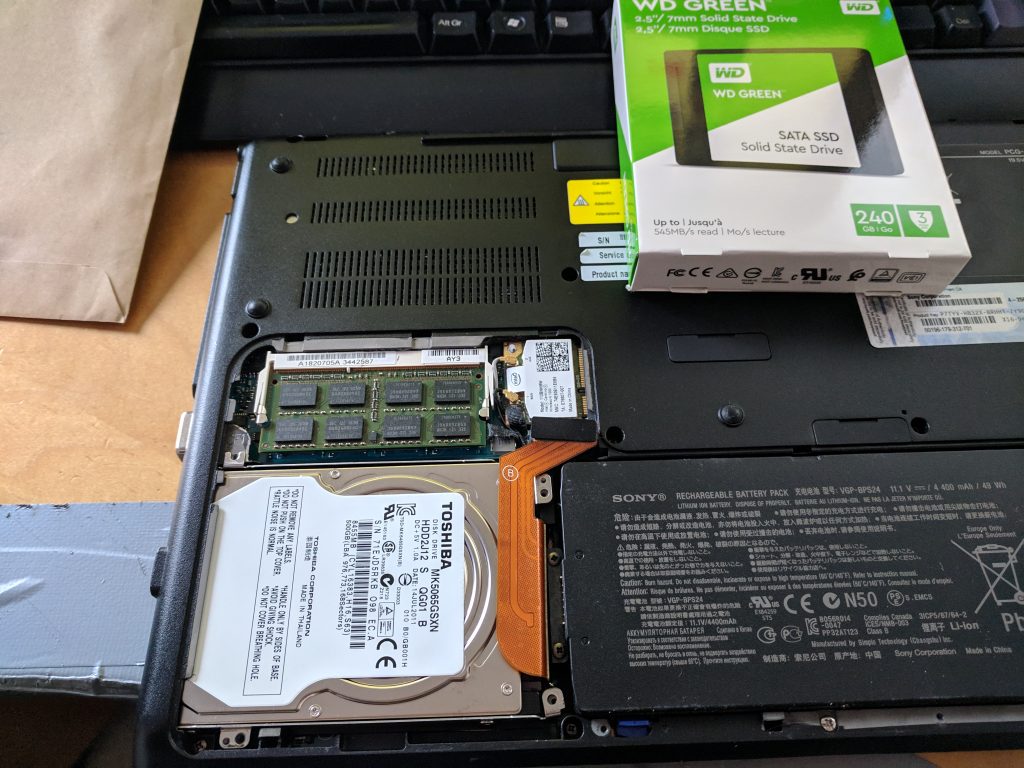
As we step into 2024, the tech landscape buzzes with excitement and anticipation. Beyond the usual suspects, groundbreaking advancements simmer beneath the surface, promising to reshape our world. Let’s peek at some of the key developments on the horizon:
1. Generative AI Takes Centre Stage: Imagine AI not just mimicking, but creating the next Picasso or composing a Beethoven-esque symphony. Generative AI, harnessing the power of deep learning, will unleash its creative potential. From personalized design solutions to hyper-realistic virtual experiences, expect this technology to blur the lines between art and code.
2. Quantum Computing Leaps Forward: While still in its nascent stages, 2024 could see significant progress in quantum computing. These powerful machines, capable of tackling previously insurmountable problems, will accelerate advancements in drug discovery, materials science, and financial modelling. Prepare for a world where the impossible becomes achievable with the aid of qubits.
3. The Metaverse Expands its Reach: The immersive digital world known as the metaverse will push the boundaries of reality. Expect advanced AR/VR experiences, seamless integration with everyday life, and even the emergence of virtual economies. As the lines between physical and digital blur, prepare for your avatar to become an extension of your identity.
4. Smart Devices Get Smarter: Our beloved devices are about to get a serious IQ boost. Expect smarter homes that anticipate our needs, self-driving cars that navigate complex scenarios, and wearables that monitor our health with unprecedented accuracy. The Internet of Things will not just connect devices, it will weave them into the fabric of our lives.
5. Sustainability Goes High-Tech: Climate change remains a pressing concern, and technology will play a crucial role in addressing it. Advances in renewable energy, energy storage, and green manufacturing will take centre stage. Expect smarter grids, efficient solar panels, and sustainable materials made from waste. Technology will become a weapon in our fight for a greener planet.
Of this course, this is only a glance
Of course, these are just a glimpse of the tech magic brewing in 2024. From ethical considerations surrounding AI to the potential implications of the metaverse, there will be challenges to navigate. But one thing is certain: the year ahead promises to be a thrilling ride, one where technology redefines what it means to be human, connect with the world and shape our future.
And that’s just the beginning. Buckle up, 2024 is going to be a wild ride! So get in touch here an check your tech will keep up. Click here.



